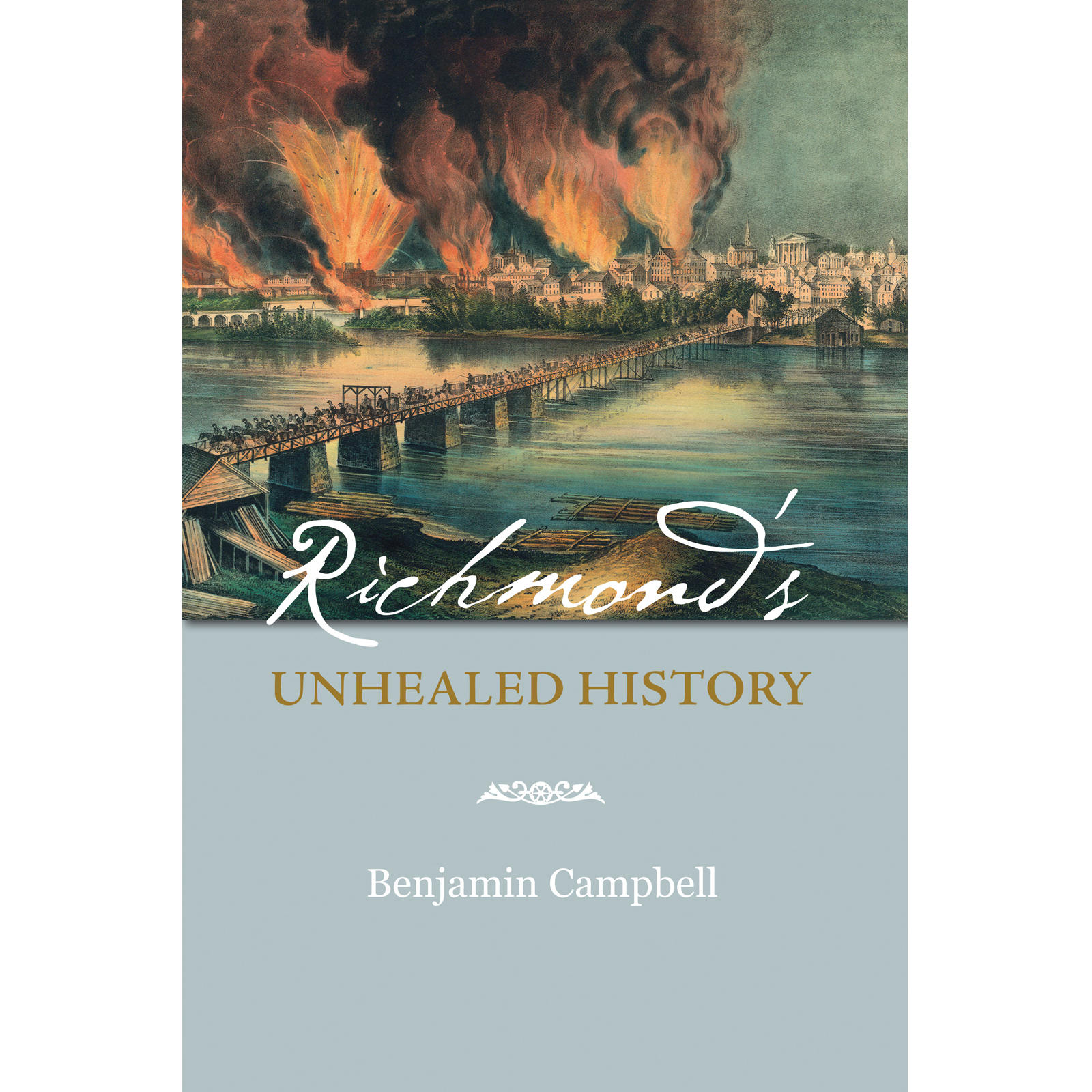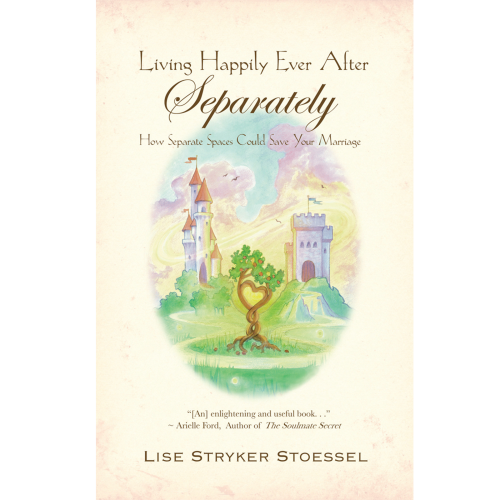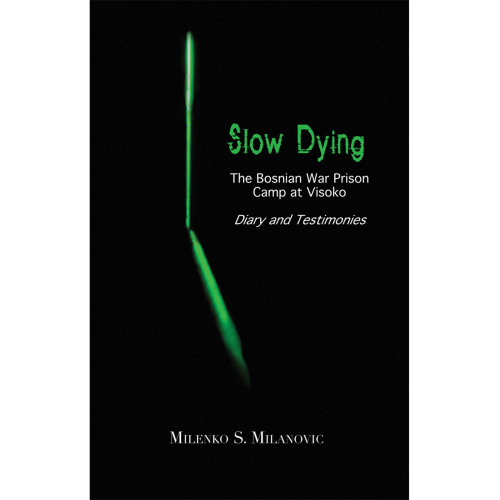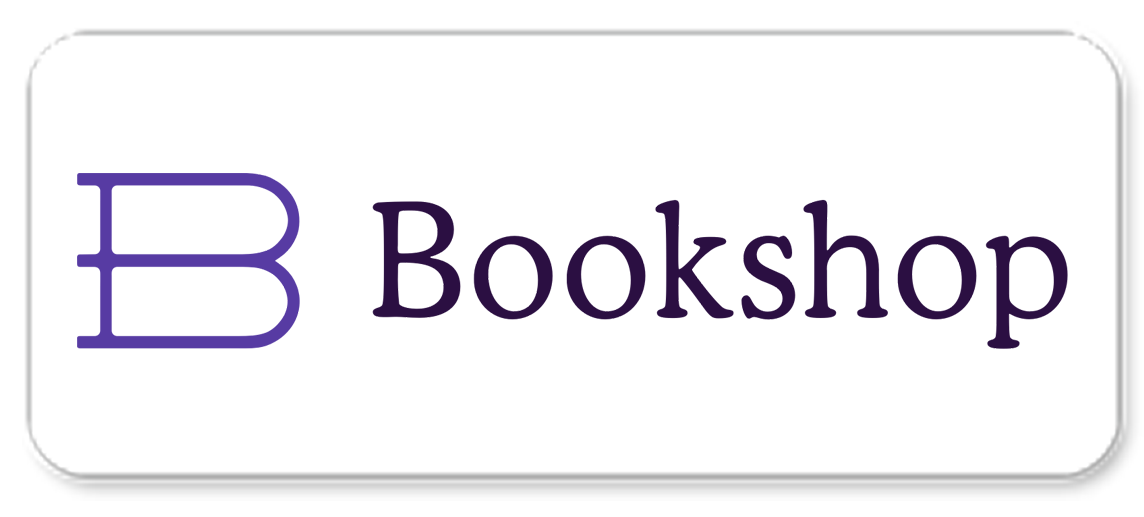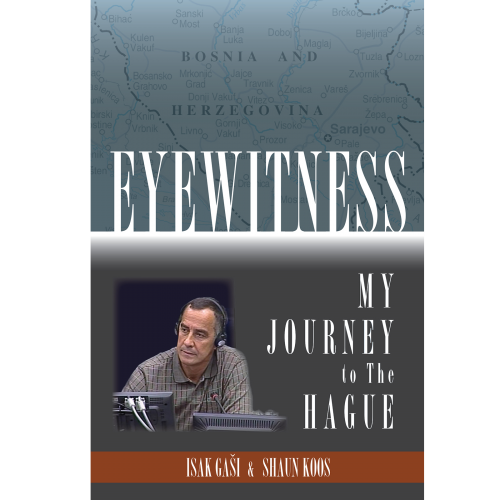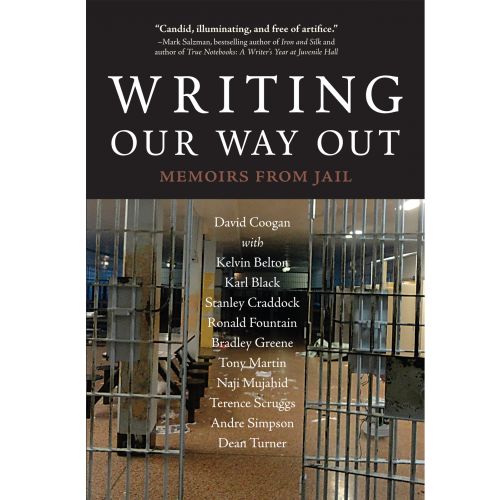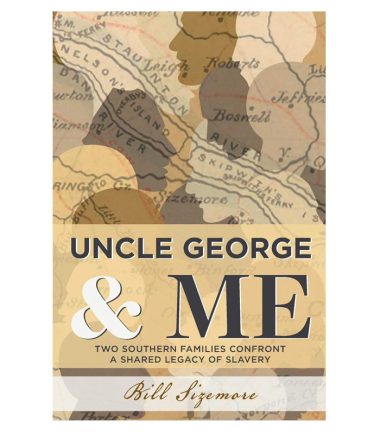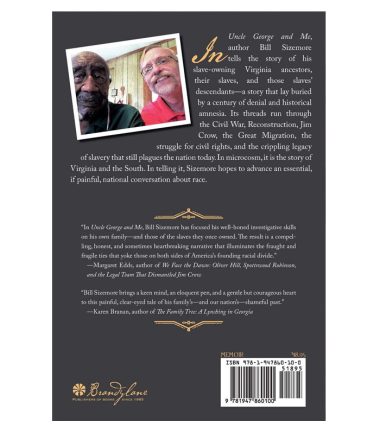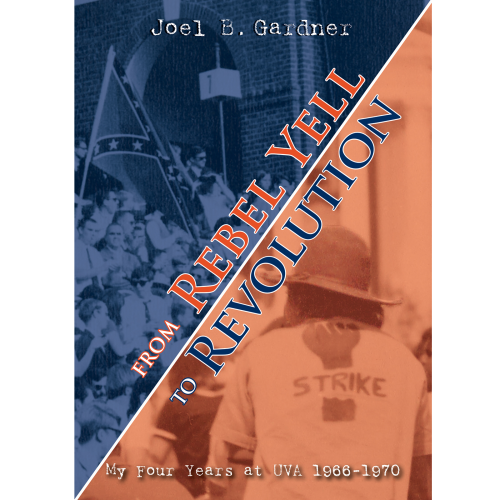Meet the Author
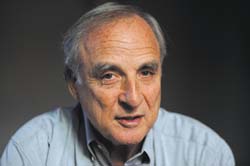 A native of Arlington, Virginia, the Rev. Benjamin P. Campbell studied political science and political economy at Williams College in Massachusetts, and studied theology as a Rhodes Scholar at the Queen’s College in Oxford. He received a Master’s in Divinity and an honorary Doctorate in Divinity from the Virginia Theological Seminary in Alexandria.
A native of Arlington, Virginia, the Rev. Benjamin P. Campbell studied political science and political economy at Williams College in Massachusetts, and studied theology as a Rhodes Scholar at the Queen’s College in Oxford. He received a Master’s in Divinity and an honorary Doctorate in Divinity from the Virginia Theological Seminary in Alexandria.
He was ordained to the priesthood of the Episcopal Church in 1966. He came to Richmond in 1970 and has lived in Church Hill since that time. He has ministered to three Episcopal churches, and served as Communications Director and subsequently Program Director of the Episcopal Diocese of Virginia. He directed two non-profit corporations—the Richmond Urban Institute, and Home Base, Incorporated, a neighborhood-based low-income housing corporation. In 1987, he became Pastoral Director of Richmond Hill, an ecumenical Christian community and retreat center on Church Hill in Richmond.
He is a co-founder of the Micah Association, which links more than 100 faith communities to twenty-five inner city elementary schools in Richmond, and of the Armstrong Leadership Program, involving thirty-six students in Richmond’s inner city Armstrong High School. He chairs the program committee of Communities in Schools, a program that supports volunteer efforts and social service work in the Richmond Public Schools. He is also a member of the Richmond Slave Trail Commission and the Richmond Public Schools Foundation.
Dr. Campbell is a member of the Residential Community at Richmond Hill. He is married to the former Ann Elizabeth Hopkins, a teacher at William Fox Elementary School in the City of Richmond. Their children attended and graduated from Richmond Public Schools.
Dr. Campbell is a seventh-generation Virginian. His Scots-Irish ancestors first came to Berkeley Springs in the 1760s, and settled at Timber Ridge, in Rockbridge County outside of Lexington, in the 1780s.
Details
Formats: Hardcover, Paperback, E-Book
Pages: 260
ISBN HC: 978-1-958754-12-2
ISBN PB: 978-0-9838264-0-8
ISBN EB: 978-0-9859358-5-6
Release Date: 11/1/2011
Praise
“Richmond, Virginia has proven to be a city with a tumultuous history. Richmond’s Unhealed History delves into the true story of the former confederate capital. Author Benjamin Campbell writes that the city’s unique history sets it up to be a battleground in a clash of ideaology and faith in coming years, and that Richmond is therefore a city to keep an eye on. An excellent and scholarly study, Richmond’s Unhealed History is a choice pick for any American History Collection focusing on Virginia.”
~ The Midwest Book Review
“In these powerful and eloquent pages, Ben Campbell reveals a complicated history that has been hidden in plain sight. Campbell, long a brave and wise leader in Richmond, allows us to see an important and emblematic American city with new eyes. Though writing here as a historian, Campbell writes for the future, for the healing that is yet to come.”
~ Edward L. Ayers, President, University of Richmond
“Ben Campbell’s book is an insightful and factual treatment of Richmond’s history during the first four centuries of the city’s existence. It is a must-read that captures the spirit of conflict, rebellion and change from several perspectives. History aficionados will appreciate this timely book as Virginia commemorates the sesquicentennial of the Civil War.”
~ Senator Henry L. Marsh, III
“The history of Richmond, Virginia, encapsulates the history of the nation itself. For that reason, Richmond’s story, or parts of it, has been the subject of hundreds of books, articles, and scholarly papers. Yet, no one has examined this history through the lens of Christian ethics—at least, not until Episcopalian priest, the Reverend Benjamin Campbell. Writing as a local pastor, theologian, and modern-day prophet, he exposes the ugly truth of Richmond’s past and how the injustices of earlier periods haunt metropolitan Richmond today. Yet, he argues, what better place than Richmond for those unaware of the truth, those scarred by it, and those who deny it to listen to each other and engage in an honest conversation about the past and the inequities that divide the city today. Could not Richmond, Campbell asks, model for the rest of the country how truth-telling can lead to redemption and reconciliation? This is a unique book that should be required reading for every Richmonder; better yet, every American.”
~ John V. Moeser, Senior Fellow, Bonner Center for Civic Engagement, University of Richmond, Professor Emeritus of Urban Studies and Planning, Virginia Commonwealth University
“Richmond’s Unhealed History examines the struggles and wounds of the history of America as lived in Richmond for four centuries. It strikes and opens hearts, [and] illuminates both good and evil.”
~ Philip J. Schwarz, Emeritus Professor of History, Virginia Commonwealth University, and Editor, Gabriel’s Conspiracy: A Documentary History
“Richmond’s Unhealed History persuasively shows how the divided, fragmented metropolis of today has its roots in . . . colonial times. Campbell takes readers on an informative, detail-rich tour through colonialization, slavery, war, segregation, urban renewal and suburban sprawl . . . Here at last is the honest re-telling of Richmond’s past all our citizens need to comprehend our present—and to forge the moral vision that could change our future.”
~ Thad Williamson, Associate Professor of Leadership Studies and Philosophy, Politics, Economics and Law, University of Richmond
 A native of Arlington, Virginia, the Rev. Benjamin P. Campbell studied political science and political economy at Williams College in Massachusetts, and studied theology as a Rhodes Scholar at the Queen’s College in Oxford. He received a Master’s in Divinity and an honorary Doctorate in Divinity from the Virginia Theological Seminary in Alexandria.
A native of Arlington, Virginia, the Rev. Benjamin P. Campbell studied political science and political economy at Williams College in Massachusetts, and studied theology as a Rhodes Scholar at the Queen’s College in Oxford. He received a Master’s in Divinity and an honorary Doctorate in Divinity from the Virginia Theological Seminary in Alexandria. 
